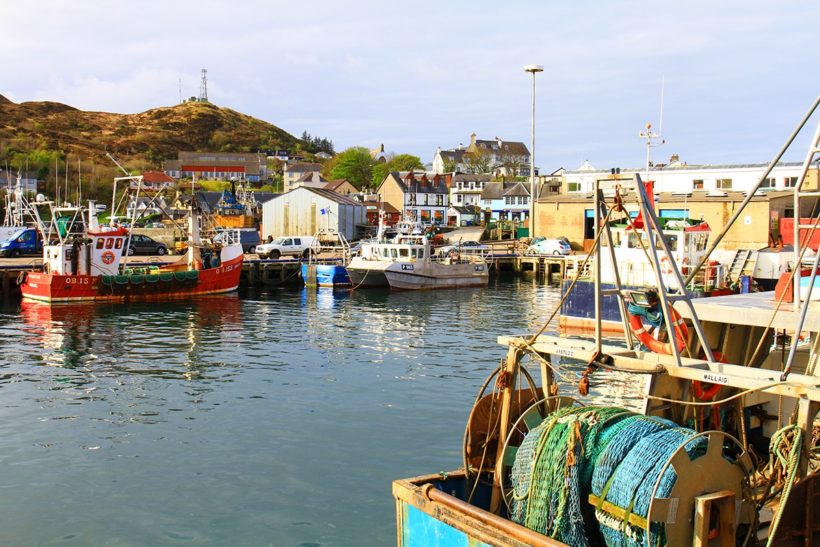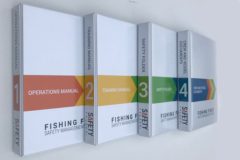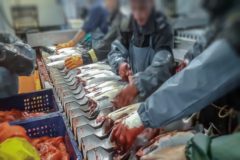The latest meeting of the All Party Parliamentary Group (APPG) on Fisheries, attended by over 50 people online on 30 November, heard from a range of speakers on how to support financial resilience in fishing communities around the UK.
“For many fishermen, incomes can vary massively from one day to the next,” said Sheryll Murray, chair of the APPG. “Building in measures to help secure these incomes for the long term can greatly increase their quality of life and peace of mind. It can also provide much-needed reassurance for their families.”
Deborah Layde, head of impact at The Seafarers’ Charity, gave the first presentation, speaking on the work of the SafetyNet campaign. “It is possible to earn a good living from fishing, but there are many factors outside of a fisher’s control that cause financial instability – the weather, the availability of fish and the market price paid for fish being the most significant,” she said.
“This is why The Seafarers’ Charity has created the fishingsafetynet. co.uk website – to help provide information and guidance to support financial decision-making. The website contains free independent guidance on credit choices, managing debts and support for budgeting.”
The SafetyNet campaign works closely with the Commsave Credit Union, which has begun offering bespoke affordable loan and credit options for fishermen. “Here at Commsave we’ve tried to build products specifically to help address the challenges faced by fishers,” said James Richards, Commsave business development manager.
“We encourage fishers to become members of Commsave and put something away when the going is good, so that they have something to fall back on when times are tough. We also enable members to borrow safely and affordably, avoiding the risks and long-term consequences of using high-cost forms of credit.”
Jamie Wilkinson of Aberdeenshire Council spoke about the Coastal Communities Challenge Fund, and how it is helping to fund projects that demonstrate positive economic, social or environmental impacts. “Fishermen must be resilient and resourceful in order to succeed,” he said.
“By working in partnership with each other and with local, regional and national stakeholders, financial sustainability can be improved by enhancing onshore and offshore facilities, adding value to local produce, and building the supply chain.”
Joe MacPhee of Comhairle nan Eilean Siar and Duncan MacInnes of the Western Isles Fishermen’s Association spoke about the unique challenges faced by islanders, and how the Outer Hebrides Fisheries Investment Scheme has helped to create and retain employment opportunities for the fishing industry. “Improved connectivity to the market is essential for remote communities,” Duncan MacInnes told the meeting.
Chris Ranger of the Fal Fishery Co-operative CIC highlighted the challenges faced by small shellfish groups, especially in terms of accessing support and funding. “Financial vulnerabilities are usually due to things out of our control, such as pollution in waters, product recalls, archaic water sampling methods, and consumer confidence,” he said.
“We can work towards financial resilience by partnering up with businesses that have long-term objectives.”
The presentations were followed by a wide-ranging discussion featuring topics such as access to national and regional funding and support measures, helping young entrants secure resilience early on, and how MPs can support their fishing constituents.
The event was recorded and can be viewed here, along with a summary of the panellists’ answers to questions from attendees.
This story was taken from the latest issue of Fishing News. For more up-to-date and in-depth reports on the UK and Irish commercial fishing sector, subscribe to Fishing News here or buy the latest single issue for just £3.30 here.






